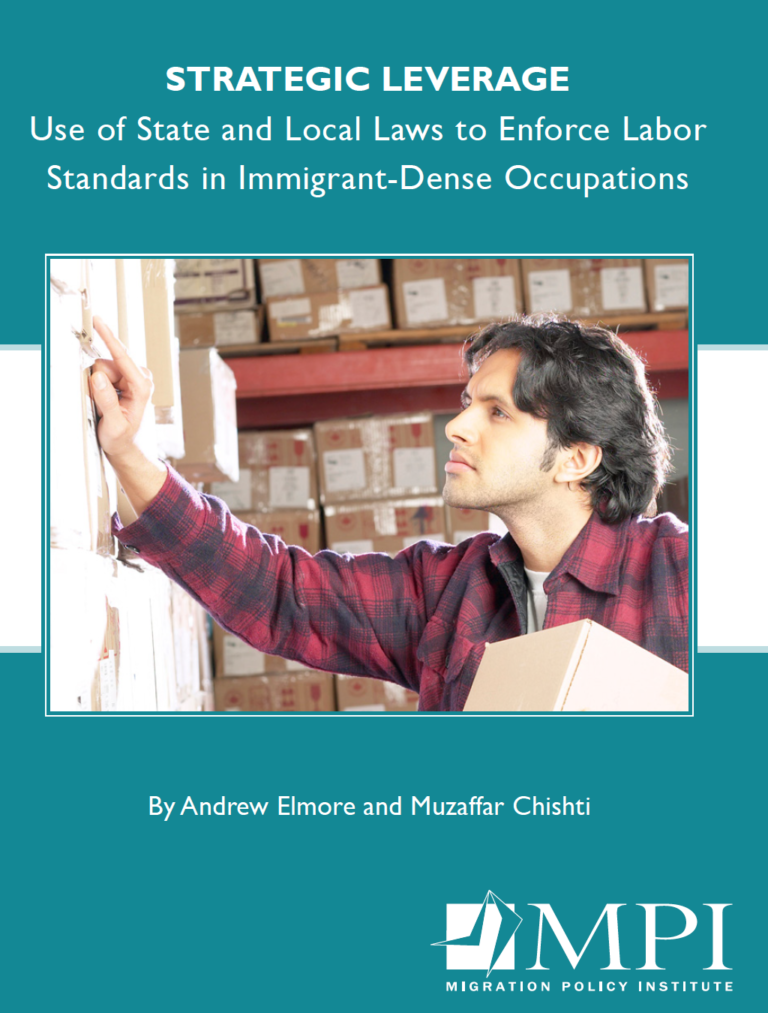This report examines how states and localities across the country—both red and blue, with and without a long history of labour-protection regimes—are developing innovative strategies to enforce labour standards, and to do so more strategically. Many of these approaches leverage unique state and local powers and access to data to target enforcement efforts, change employer behavior, and make the most of scarce resources. Others bring together multiple agencies and levels of government, combining their powers in task forces.
Together, these strategies offer a valuable set of tools and lessons learned, particularly for policymakers in states that have recently become destinations for immigrants and those facing budget cuts.

